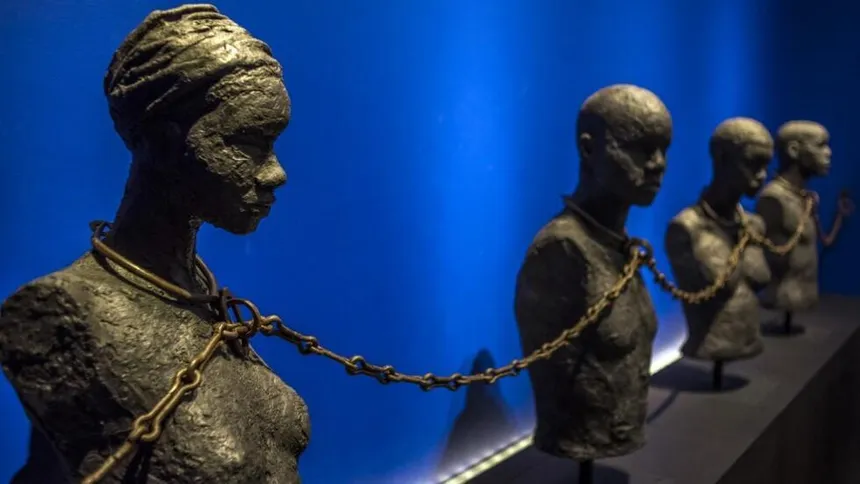A woman from a Caribbean Island recently settled in Benin that once served as a major hub in the transatlantic slave trade. She felt an immediate sense of connection and familiarity there, as the people’s customs and demeanor reminded her of relatives back home. Determined to strengthen her bond with her ancestral roots, she now plans to apply for citizenship under a groundbreaking law introduced by the government.
This new measure invites individuals of African descent to reclaim their heritage. If applicants can establish a direct link to ancestors taken from the continent as enslaved people, they may receive provisional nationality and, eventually, full citizenship. They need only present DNA tests, authenticated family documents, or verifiable testimonies. The law requires that successful applicants spend time in the country before finalizing their new status.
This initiative holds deep meaning. Historically, powerful local rulers sold captives to European traders who forced them onto ships bound for the Americas and the Caribbean. Tens of thousands departed from a single coastal town, never to return. By granting citizenship to descendants, Benin acknowledges its painful past and encourages a form of symbolic reparation.
Today, visitors encounter museums, memorials, and places of remembrance. Landmarks mark the spots where enslaved people last set foot in Africa. Spiritual traditions that once spread through forced migration now attract people seeking cultural and religious reconnection. Even if new citizens never feel completely local, the opportunity to honor ancestors and restore broken links to the continent carries immeasurable significance.



